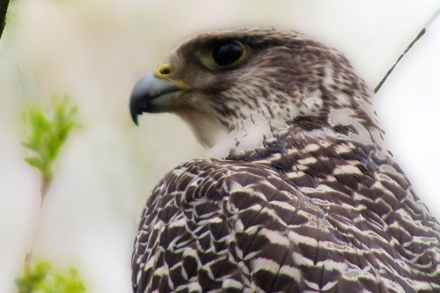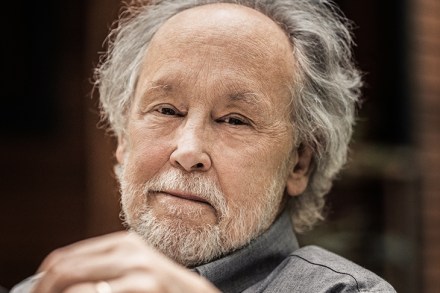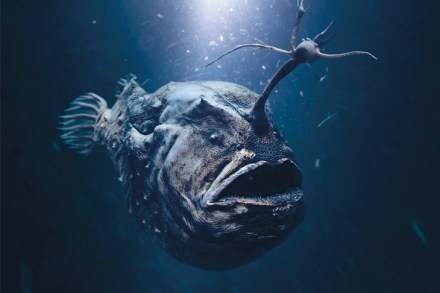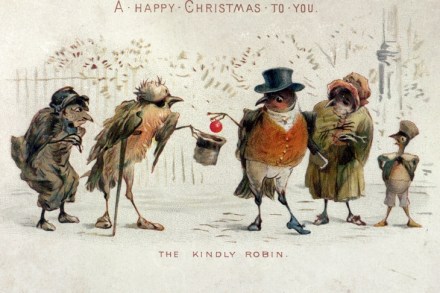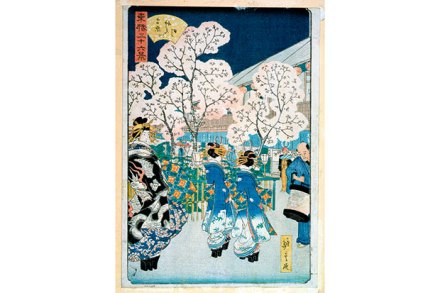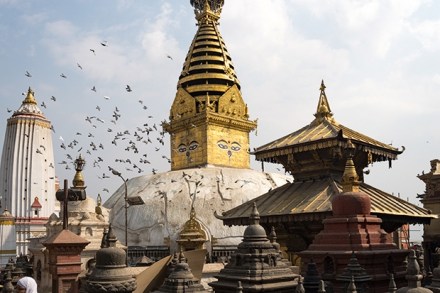Dangerously desirable: the white-morph gyr falcon commands sky-high prices
The art of falconry is more than 3,000 years old and possibly as popular now as at any time. Its devotees argue that in a pure form it is a deeply honourable tradition, requiring superhuman patience to coax a magnificent predator to hunt at the owner’s behest. It is a relationship, they would also claim,
